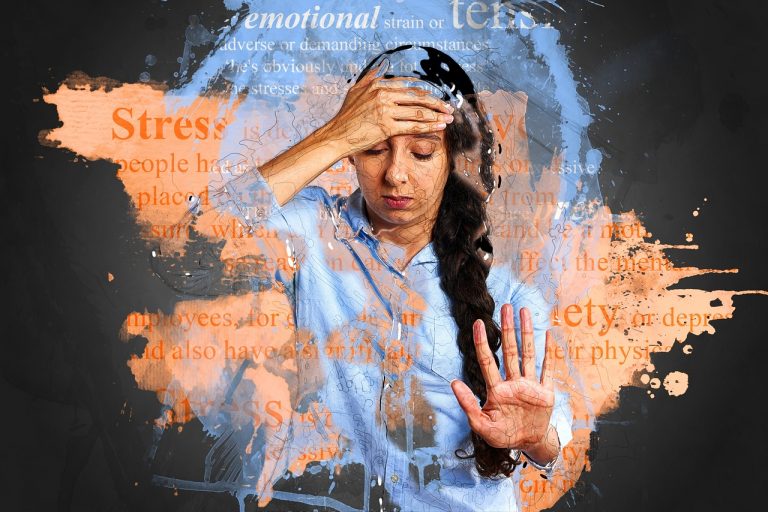Brain injuries can have an immense effect on an individual’s mental health, altering cognitive functions, emotional stability, and psychological well-being. Such injuries often present challenges that transcend physical recovery alone and necessitate an integrated approach to care that includes mental health support services as well as long-term advocacy services for their recovery. To ensure they receive all needed services for their recovery. It is imperative for individuals affected to access all needed services that will facilitate a full recovery experience.
Our skilled NYC brain injury lawyers can help you and your loved one recover a safe settlement from brain injuries attributed to unsafe conditions. We specialize in exercising the rights of injury victims and ensuring individuals receive full care and compensation to rebuild their lives.
Understanding Brain Injuries: Causes and Types
Brain injuries can significantly impact an individual’s life, occurring as either traumatic brain injuries (TBIs) or acquired brain injuries (ABIs).
Traumatic Brain Injuries (TBIs)
Traumatic brain injuries (TBIs) occur when external forces, such as blows or violent shaking, cause direct trauma to the brain. TBIs typically arise from slip-and-falls, sports accidents, and vehicle collisions in environments that fail to address hazards properly; TBIs range from mild concussions to permanent impairment. Understanding how TBIs occur is crucial both in preventing them and providing affected individuals with timely medical support and legal advocacy to facilitate recovery.
Acquired Brain Injuries (ABIs)
Acquired brain injuries (ABIs) occur from non-traumatic events like strokes, infections, or oxygen deprivation and differ from TBIs in that their causes originate internally rather than externally. Recognizing ABI causes is critical to effective prevention and treatment. Medical monitoring will reduce risks to reduce any incidents arising in the future.
The Connection Between Brain Injuries and Mental Health Challenges
Brain injuries often lead to significant mental health complications, including depression, anxiety, and cognitive impairments. They may also result in personality changes or difficulty managing emotions – underscoring the need for an integrated approach to treatment.
Brain injuries frequently result in survivors facing cognitive and emotional challenges, such as memory loss, reduced focus, and problems with decision-making, which can greatly impact their everyday activities and abilities. From an emotional standpoint, people might go through changes in mood, irritability, and struggles with handling emotions, leading to feelings of depression or anxiety – this emphasizes the importance of receiving specialized care early on to address symptoms promptly and assist individuals in gaining back command over their cognitive and emotional health through personalized therapeutic approaches.
Long-term psychological consequences of brain injuries may include posttraumatic stress disorder (PTSD) and personality changes that need early identification and intervention to avoid worsening and disrupting personal and professional lives. Timely psychological support and treatment are essential in managing these issues and slowing their progression – as well as speeding recovery overall. Understanding this potential long-term effect underscores the necessity of proactive rehabilitation services following brain injury rehabilitation.
The Importance of Advocating for Comprehensive Care
Individuals with brain injuries require comprehensive care that combines physical rehabilitation and mental health support to address all aspects of their recovery. This approach is necessary to help victims achieve the best possible outcomes.
Treatments of brain injuries require the involvement of multidisciplinary professionals. For instance, neurologists, psychologists, and physical therapists, among others, consult to appropriately form an integrated treatment plan for the patient. Importantly, mental health specialists ensure the management of emotional and psychological conditions most commonly related to brain injury. This interdisciplinary approach maximizes recovery to the point that individuals can easily regain health and independence.
Availability and insurance problems create difficulties that brain injury survivors face as they try to acquire essential mental health services. Recovery can be delayed or impossible in some cases as they fail to get the necessary care they require. This is where NYC Injury Attorneys P.C. assists the victims with advocacy by helping them obtain compensation that covers medical expenses from any acquired essential mental health services. This ensures that all necessary assistance is provided for a balanced and successful recovery process.
Conclusion
Brain injuries are highly interlinked with serious mental illness conditions, and thus, thorough rehabilitation in a multidisciplinary approach is needed to overcome the condition. Rehabilitation should focus on the physical as well as the psychological aspects of the injury for people to be able to rebuild their lives and retrieve their well-being.
No matter your brain injury situation or the plight of someone you love, NYC brain injury lawyers stand with you every step of the way. When negligent conditions have caused injuries that require legal support for recovery to ensure they get proper care and compensation – our team at NYC Injury Attorneys P.C. advocates tirelessly on their behalf in order to secure necessary resources so victims of brain injuries may move forward with life after an incident has taken place.

